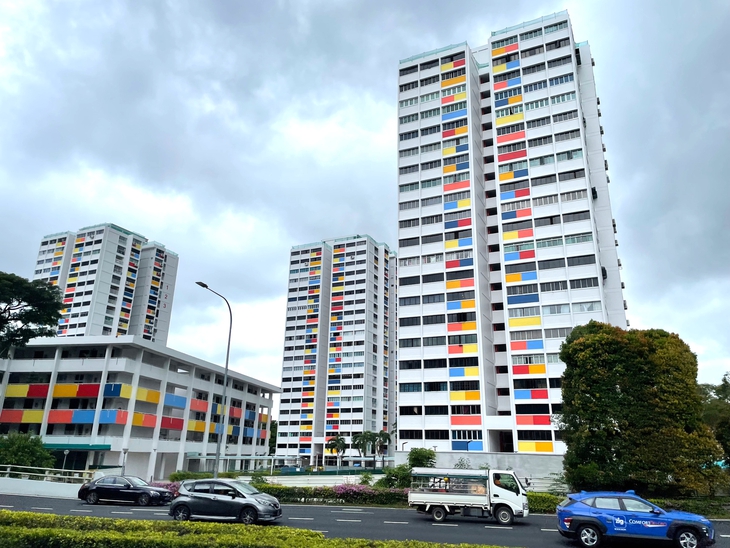
Young people with high incomes are willing to spend money to buy houses to live in and invest - Photo: B.NGOC
Increased income, use long-term loan package
Data from real estate trading floors that are members of the Vietnam Association of Realtors (VARS) shows that the rate of housing transactions from customers aged 25-35 is increasing, currently accounting for over 40% of the total housing transactions in the market today. The rate of young people buying houses has tended to increase in recent years.
Notably, in some projects, the proportion of young people buying houses accounts for up to 70% of total transactions.
Explaining the increasing trend of young people buying houses while house prices are currently at their peak, the Vietnam Real Estate Market Research and Evaluation Institute (VARS IRE) said that first of all, Vietnam is in a golden population period, with more than 50% of the population under 35 years old, with a huge demand for housing and real estate investment.
Furthermore, today's young generation has more opportunities to get rich quickly thanks to the technology boom, new economic models such as e-commerce, digital content creation business, and cryptocurrency investment.
A segment of young people have reached a much higher income level than previous generations, creating conditions for them to own real estate at a very young age.
The younger generation also receives financial support from their families. Many young people can buy a house thanks to the help of their parents and grandparents, helping them shorten the path to home ownership.
Many young people also take advantage of financial and credit policies with the expectation that real estate values will increase over time.
They access long-term financial incentive packages, such as interest-free loans, principal grace periods, and multiple-payment installments from investors, or preferential loan packages for first-time homebuyers launched by banks to "put down money" early instead of waiting until they have enough financial resources.
Different 'taste' in choosing a house
Also according to VARS IRE, the rate of young people buying houses has increased compared to the previous generation with different "tastes" in choosing houses.
Young people are less likely to save for a long time to buy land or townhouses in the city center like their parents. They prefer to choose apartments in suburban areas, with good infrastructure connections, "affordable" prices and suitable for modern lifestyles, with a synchronous internal utility system such as: supermarkets, gyms, schools, parks...
However, VARS IRE also admits that although the rate of young people buying houses is increasing, this is only a certain part, accounting for a small proportion of the total housing demand.
Most young people still face many barriers when average income is slower than housing price increase, debt repayment pressure persists while living costs are increasing.
Without comprehensive policy solutions such as strongly developing social housing and affordable housing, while strictly controlling price levels to avoid "unreasonable increases, far exceeding actual income", the "dream" of owning a house is still far away for the majority of young people.
House price growth is nearly double that of income growth
According to Tuoi Tre Online , in recent years, housing prices in big cities such as Hanoi, Da Nang and Ho Chi Minh City have continuously increased and have established a new level.
VARS IRE's research data also shows that in the second quarter of 2025, the apartment price index in Hanoi, Da Nang and Ho Chi Minh City increased by 87.7%, 69.8% and 48.3% respectively compared to the first quarter of 2019.
Currently, the average apartment selling price in these three cities has reached 75.5 million VND/m² in Hanoi, 66.4 million VND/m² in Da Nang, and 77.1 million VND/m² in Ho Chi Minh City.
House prices continue to rise while income growth cannot keep up, making it increasingly difficult to save up to buy a house.
In Hanoi, in the period 2014 - 2025, average income per capita increased from 4.11 million VND/month to 8.3 million VND/month, corresponding to an average increase of 6.4% per year.
Meanwhile, the average apartment price increased rapidly by 11.7% per year, from 25 million VND/m² to 75.5 million VND/m².
And according to VARS IRE's calculations, if applying the principle that housing costs do not exceed 1/3 of income, to buy a 70m² apartment, priced at about 5 billion VND, a young family needs to save about 27 years to have enough money to buy a house.
Source: https://tuoitre.vn/gia-nha-cao-sao-ti-le-nguoi-tre-mua-nha-tang-20250914113253467.htm







![[Photo] Prime Minister Pham Minh Chinh chairs the second meeting of the Steering Committee on private economic development.](https://vphoto.vietnam.vn/thumb/1200x675/vietnam/resource/IMAGE/2025/11/01/1762006716873_dsc-9145-jpg.webp)
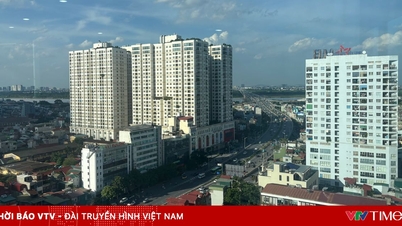


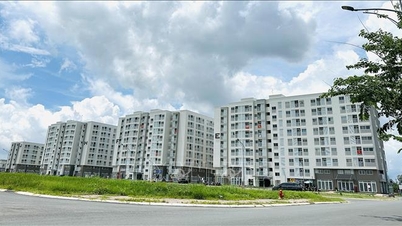

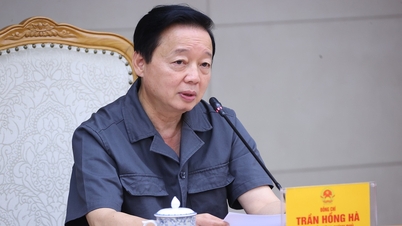


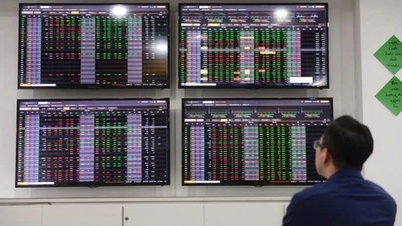



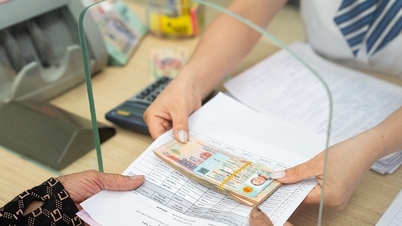


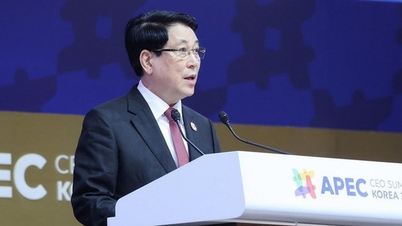










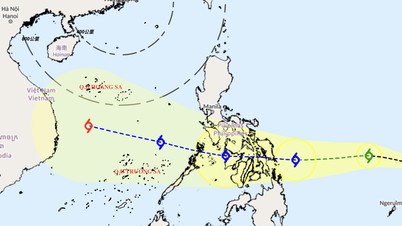














































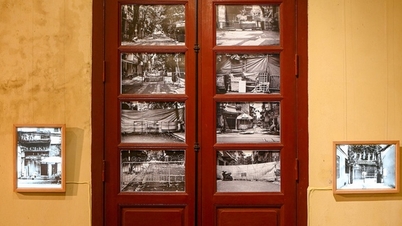





























Comment (0)